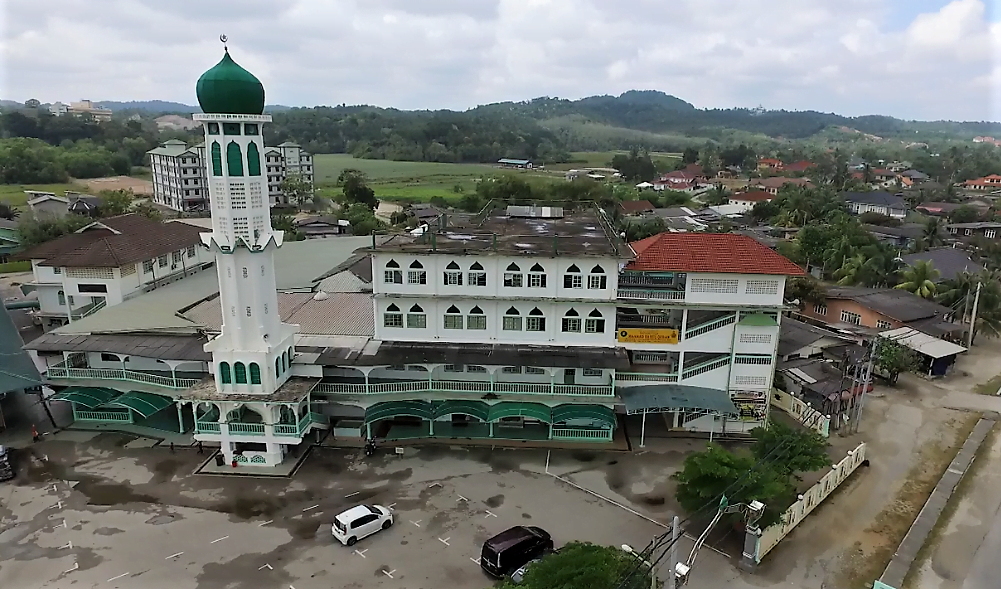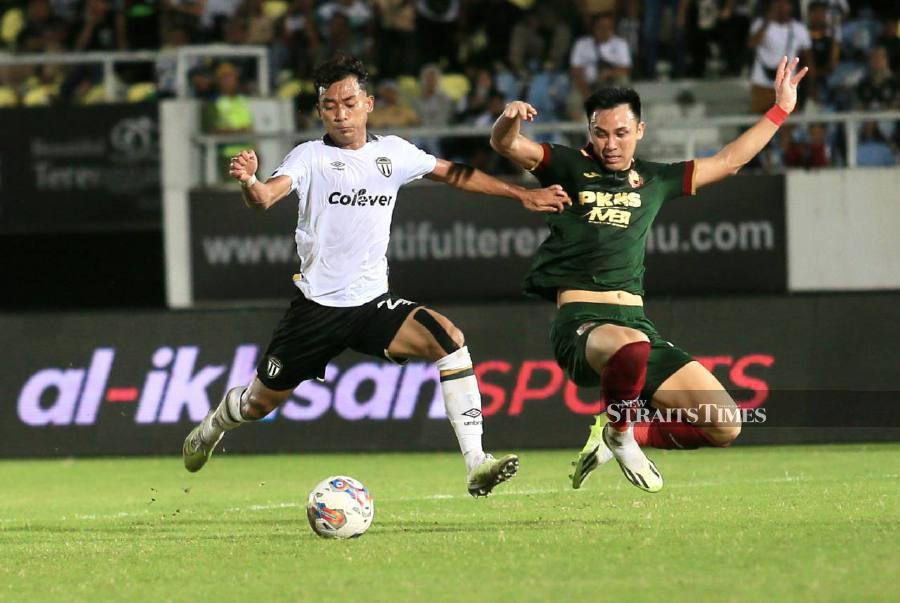The army-led ouster of Egyptian President Mohamed Morsi on July 3 has fallen short of its stated goal to shield Egypt from unrest and political crisis, as the country suffered from its worst violence in decades last week.
Army chief General Abdel Fattah el-Sisi claimed the mandate for a military crackdown on “terrorism and violence” after nationwide anti-government protests beginning on June 30 triggered Morsi’s downfall. But death tolls exceeding 1,200 since Wednesday’s bloodshed have raised concerns about Egypt’s new leadership.


“The current scenario is literally a disaster,” said Walid Osman, a 32-year-old financial and analysis planning manager at a multinational company. Osman, who took part in the June 30 protests, recently joined protests launched by Morsi’s Muslim Brotherhood on Friday in Cairo’s Ramses Square to denounce the deadly crackdown.
“The army and police forces were involved in huge bloodshed, thinking this was requested or allowed by the people in the June 30 protests. This was never the reason for June 30 and never fulfills its demands,” he explained.
Prominent dissent
Like Osman, Ahmed el-Tayyeb, the Grand Imam of Al-Azhar – Sunni Islam’s most prestigious seat of learning – and Nobel Peace Prize winner Mohamed ElBaradei, who was vice president for foreign affairs in Egypt’s post-Morsi government, have said more peaceful solutions should have been used to end Morsi supporters’ vigils seeking his reinstatement.
Both ElBaradei and el-Tayyeb had endorsed the overthrow of Morsi, and were among several esteemed political and religious figures who sat surrounding el-Sisi as he announced plans to draft a new constitution and hold new elections.
But hours after security forces stormed the sit-in protests last week, el-Tayyeb distanced his institution from complicity in the killings, and ElBaradei submitted his resignation from the government.
In a televised statement on early Wednesday, as gunshots were still being fired and thick clouds of tear gas billowed over the sit-ins, el-Tayyeb said Al-Azhar “did not know the methods used for the dispersal of the protests except through media channels”, and “stressed that negotiated solutions, rather than violence, are the only way out of the lingering stalemate”.
As the death toll rose and a state of emergency and curfew were declared across the country, ElBaradei – who headed the National Salvation Front, the main opposition group during Morsi’s time in office – submitted his resignation.


Tamarod, the grassroots campaign that during Morsi’s time in office collected about 22 million signatures for a petition seeking new presidential elections, defended the army’s actions. “People’s support in the street has not declined one bit. Everyone is blaming the [Muslim] Brotherhood for the killings,” Mohamed Heikal, Tamarod’s media officer, told Al Jazeera. “Everyone knows that the Brotherhood ignored all warnings and left the state no other choice.”
Paul Sullivan, a professor of security studies at Georgetown University, said he did not think ElBaradei’s resignation will have major effects. His stepping down “will mean a lot less in Egypt than it does for the Western press”, Sullivan told Al Jazeera. “This situation is a lot bigger than one person.”
Ashraf el-Sherif, a political science professor at the American University of Cairo, disagrees. “The impact of El-Tayyeb’s speech and ElBaradei’s resignation is very negative” for the June 30 movement, he said. “In the period following Morsi, ElBaradei was set to represent revolutionary groups while el-Tayyeb represented moderate, social Islam. Now, June 30 lost both representations. Revolutionaries feel alienated and the regime has become more and more militaristic.”
In his resignation letter, ElBaradei refused to bear “the responsibility for a single drop of blood”. He said he “had hoped the rise of the people on June 30 could bring the country back to its normal course towards the goals” of the 2011 revolution that overthrew longtime Egyptian leader Hosni Mubarak.
Some average Egyptians are also having second thoughts about the post-coup government in the wake of the violence. Ola Ibrahim Refaat, a 34-year-old dentist and supporter of ElBaradei, says her faith in the June 30 movement has faltered for a number of reasons, including the resignation. “We need to know what happened, why so many people died and why excessive force was used. ElBaradei’s resignation triggers many questions.”
And Shereen Mady, a 27-year-old project manager at a non-governmental organisation, said she had initially supported the army because its plan involved “acceptable, respectable figures like ElBaradei”. She said that in addition to ElBaradei’s resignation, the army’s failure to protect Christian churches from attacks, to impose security, and to arrest Muslim Brotherhood leaders following its crackdown last week has led her to reconsider her stance.
“It was inevitable that the level of violence used by the authorities in Egypt would split the June 30th coalition,” Oliver McTernan, director and founder of the UK-based group Forward Thinking, told Al Jazeera. “I think everyone now needs to take a step back and ask themselves what are the likely consequences of these events for Egypt.”
Profile: Egypt’s military leader Sisi
“We’re definitely against the excessive use of force, but we also cannot blame anyone but the Brotherhood for their stubbornness and arrogance,” said Ahmed Maher, a co-founder of the April 6 Youth Movement who participated in the 2011 uprising and supported Morsi’s ouster. “Morsi blew a great opportunity of avoiding all this had he shown more flexibility and wisdom,” Maher said. He confirmed that April 6 defends pro-Morsi protesters’ right to express their opinion, and predicted that violence would continue.


Yet others are more concerned about violence on behalf of the army-led government. Mohamed Mostafa Awni, a 21-year-old medical student who did not vote for Morsi but who participated in anti-military protests last Friday in Tanta, north of Cairo,said “the oppressive state has returned to Egypt”.
A supporter in principle of overthrowing Morsi, Awni said police forces are behaving as they did during the Mubarak era. “My uncle was shot in the dispersal of Rabaa’s sit-in,” he said. “Later the same day, a policeman came to round him in. Nothing has changed.
“I believed June 30 was a continuation of 2011. But in reality, we’ve returned to pre-2011.” – Source Dahlia Kholaif, Al Jazeera






























